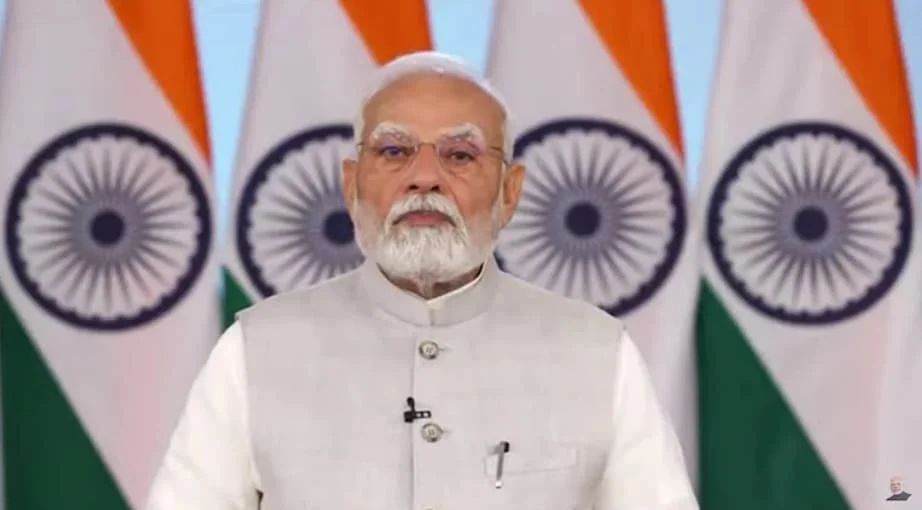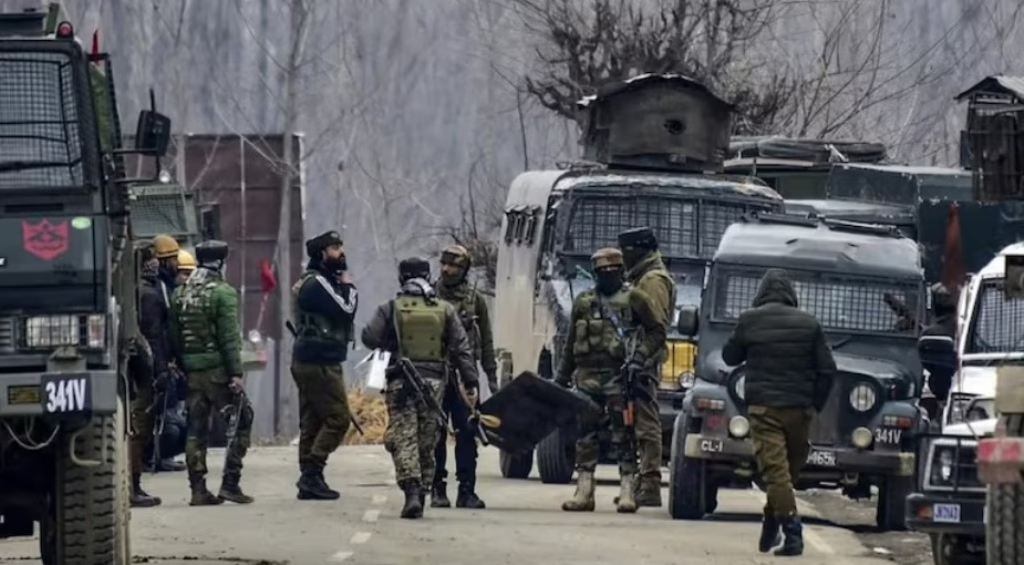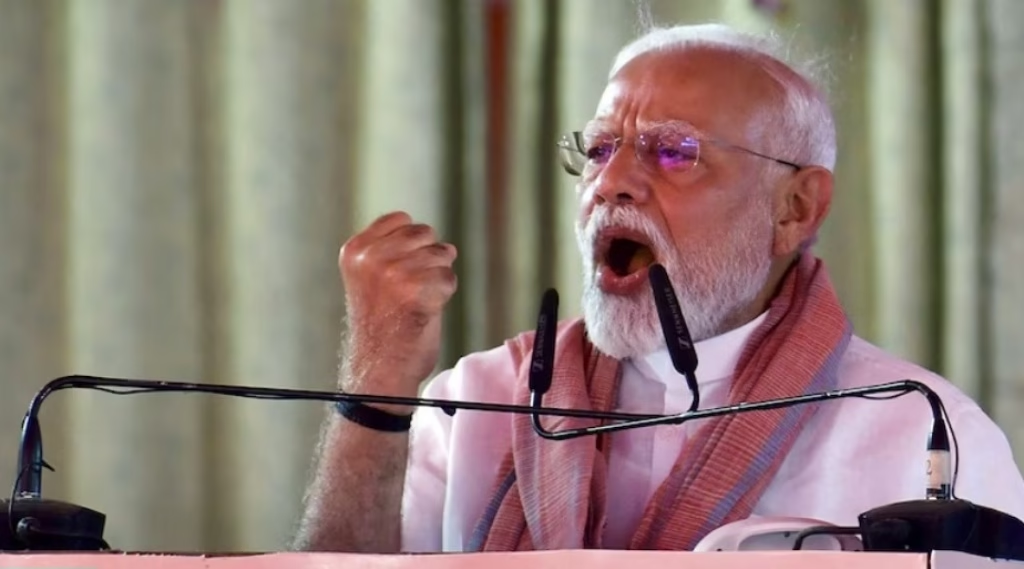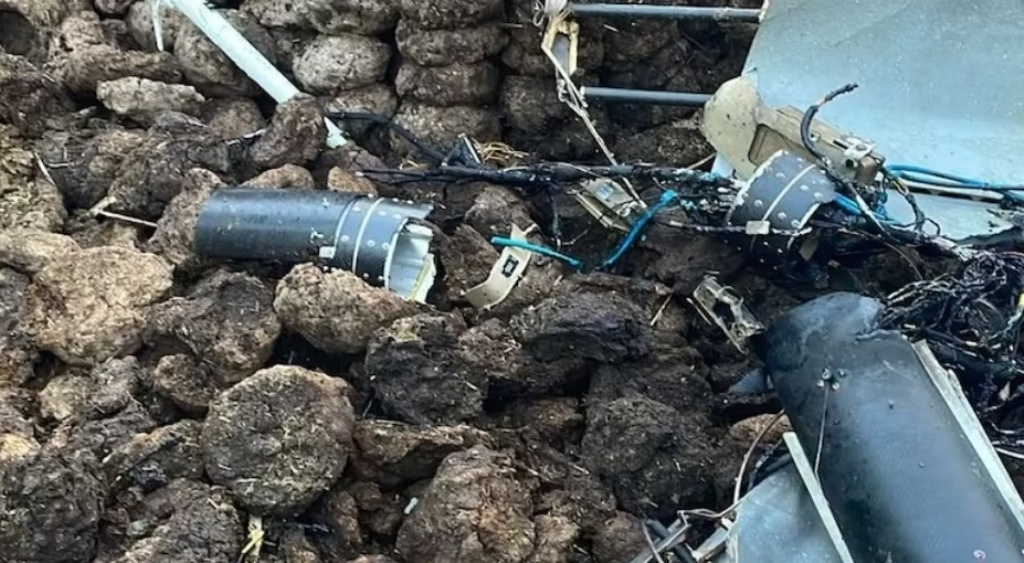
In a bold and calculated move, India launched a series of precision strikes targeting terrorist infrastructure in Pakistan, a direct response to the horrific Pahalgam terror attack that shook the nation. The operation, dubbed “Operation Sindoor,” has been hailed as a “perfect strike” by military analysts and political leaders alike, marking a significant escalation in India’s stance against cross-border terrorism. This article delves into the events leading up to the strikes, the execution of the operation, and its broader implications for India-Pakistan relations.
The Pahalgam Massacre: A Catalyst for Action
On April 23, 2025, the serene town of Pahalgam in Jammu and Kashmir became the site of a brutal terrorist attack. Militants, allegedly backed by Pakistan-based terror groups, targeted civilians and security personnel, leaving a trail of devastation. The attack claimed numerous lives and injured many more, igniting outrage across India. Posts on X captured the public’s grief and anger, with many calling for swift retribution. The Indian government, under Prime Minister Narendra Modi, vowed to deliver a fitting response, signaling that the era of restraint was over.
The Pahalgam massacre was not an isolated incident but part of a pattern of violence attributed to Pakistan’s alleged support for terrorist outfits. India’s intelligence agencies quickly pointed to groups operating from Pakistani soil, prompting the government to take unprecedented measures. Within hours, India suspended the Indus Waters Treaty, shut the Wagah-Attari border, banned SAARC visas for Pakistanis, expelled Pakistani military advisors, and reduced Pakistan’s diplomatic presence in India. These steps, described as “hostile” by some Pakistani commentators on X, underscored India’s resolve to isolate Pakistan diplomatically and economically.
Operation Sindoor: A Surgical Masterstroke
On May 7, 2025, India executed Operation Sindoor, a meticulously planned military operation targeting nine terror camps across Pakistan. The strikes, carried out with precision by the Indian Air Force and supported by real-time intelligence, obliterated key terrorist infrastructure, including training facilities and weapon caches. According to reports from Indian media, the operation was a resounding success, with minimal collateral damage and no reported civilian casualties on the Pakistani side.
The operation’s success lay in its strategic execution. India employed advanced drones, fighter jets, and satellite imagery to ensure pinpoint accuracy. The choice of targets—camps linked to groups responsible for the Pahalgam attack—sent a clear message: India would no longer tolerate safe havens for terrorists. The strikes were also timed to avoid escalation into a broader conflict, with Indian forces withdrawing swiftly after achieving their objectives.
Public sentiment on X reflected pride in India’s military prowess, with hashtags like #IndiaFightsTerroristan and #OperationSindoor trending widely. However, Pakistani officials, including the Information Minister, condemned the strikes, claiming they were based on “false pretexts” and warning of a “decisive response.” Despite these threats, the international community, including U.S. President Donald Trump, acknowledged India’s right to self-defense, though urging restraint to prevent further escalation.
The Geopolitical Fallout
Operation Sindoor has significantly altered the dynamics of India-Pakistan relations. India’s decision to suspend the Indus Waters Treaty, a decades-old agreement governing shared water resources, has raised concerns about long-term regional stability. The treaty’s suspension could exacerbate water scarcity in Pakistan, potentially fueling domestic unrest. Similarly, the closure of the Wagah-Attari border and the expulsion of Pakistani diplomats have deepened the diplomatic rift, with both nations recalling envoys and snapping formal ties.
On the global stage, India’s actions have garnered mixed reactions. While Western nations have expressed cautious support for India’s counter-terrorism efforts, China and some Middle Eastern countries have called for dialogue to de-escalate tensions. The United Nations has urged both nations to exercise restraint, warning that further military actions could destabilize South Asia.
Within India, the strikes have bolstered the Modi government’s image as a strong defender of national security. Political analysts note that the operation has unified public opinion, with even opposition parties praising the military’s resolve. However, critics caution that the escalation risks a broader conflict, especially given Pakistan’s nuclear capabilities and its warnings of retaliation.
The Road Ahead: Challenges and Opportunities
As the dust settles on Operation Sindoor, India faces the challenge of maintaining its strategic advantage while avoiding a full-scale war. The strikes have undoubtedly weakened terrorist networks, but the root causes of cross-border terrorism—Pakistan’s alleged state sponsorship and the porous border—remain unresolved. India’s diplomatic offensive, including its push to isolate Pakistan globally, will require sustained international support to be effective.
For Pakistan, the strikes represent a moment of reckoning. The government faces domestic pressure to respond but is constrained by economic challenges and international scrutiny. Posts on X suggest growing anxiety among Pakistani citizens, with some questioning the military’s ability to counter India’s advanced capabilities.
The international community has a critical role to play in preventing further escalation. Mediation efforts, possibly led by neutral actors like the United Nations or Gulf states, could help restore dialogue. However, any resolution must address India’s core concern: the dismantling of terrorist infrastructure in Pakistan.
Conclusion
Operation Sindoor marks a turning point in India’s fight against terrorism. The “perfect strike” not only avenged the Pahalgam massacre but also signaled India’s willingness to take decisive action against its adversaries. While the operation has strengthened India’s position domestically and regionally, it has also heightened tensions with Pakistan, raising the specter of further conflict.
As both nations navigate this volatile period, the world watches closely. The path to peace lies in addressing the underlying issues of terrorism and mistrust, but for now, India’s message is clear: it will not hesitate to protect its sovereignty and security. The legacy of Operation Sindoor will depend on whether it paves the way for lasting stability or becomes a prelude to a larger confrontation.
Reliable Sources: The Economic Times / The Indian Express





